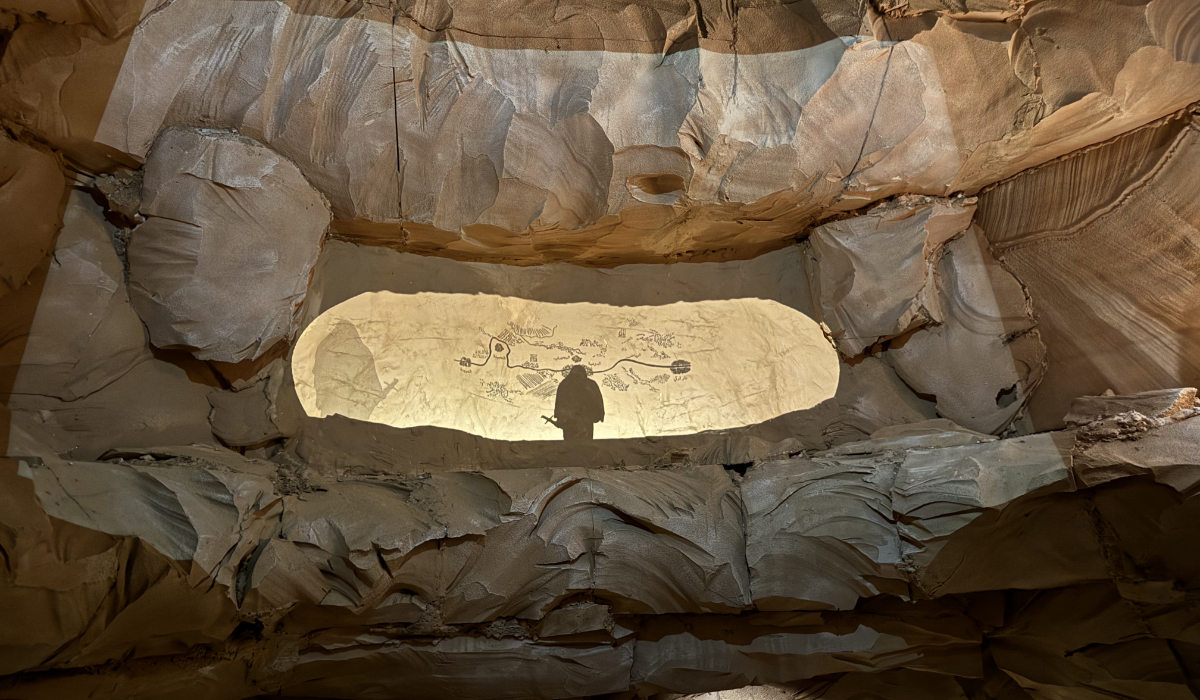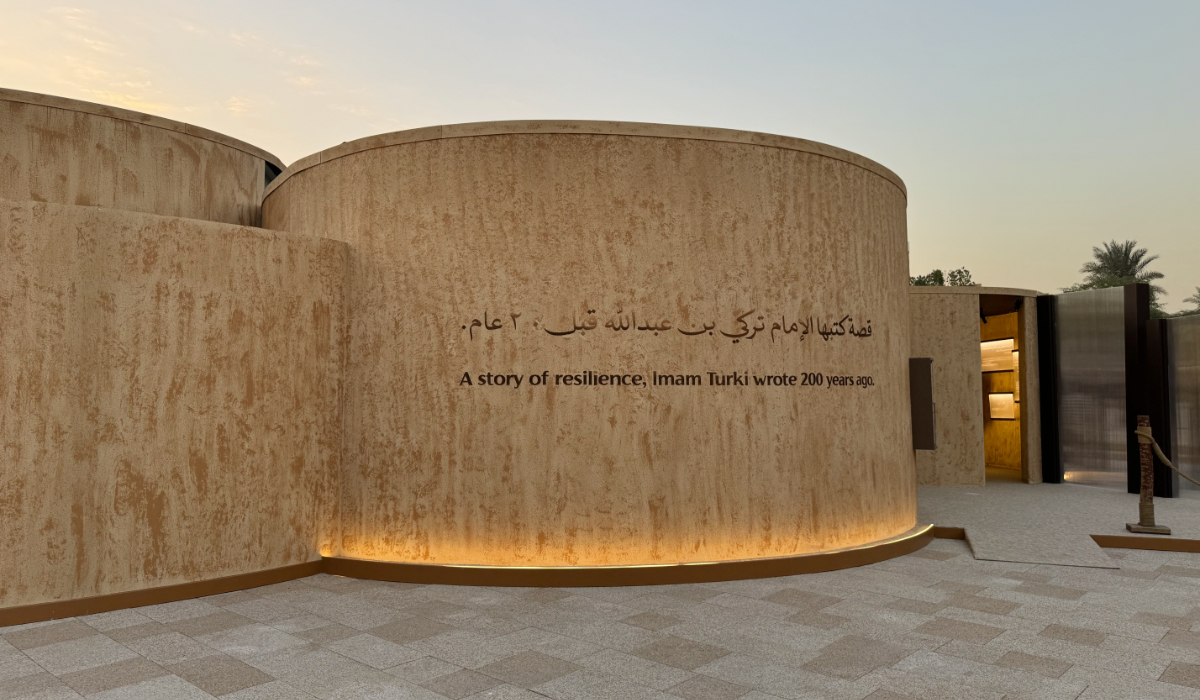Amr Atiah was appointed vice president of campus and community at King Abdullah University for Science and Technology in June this year.
In this role, Atiah is responsible for delivering comprehensive campus and community services across the university. His duties encompass the development and implementation of strategies for efficient campus and community management in alignment with KAUST’s goals, vision, mission and values.
His role also involves overseeing all facilities management responsibilities for all projects across KAUST, maintenance, operations, janitorial services, waste management, space planning, accommodation and events management.
Additionally, he focuses on community development and engagement, covering retail, catering, recreation, daycare, logistics, transport, travel, community communications and customer experience.
Prior to this appointment, Atiah served as KAUST’s director of special projects from January 2022 to May 2024. He played a pivotal part in the planning, design and construction of the world’s largest coral nursery in collaboration with NEOM under Saudi Vision 2030, which included awarding a $200-million construction contract.
From February 2020 to December 2021, Atiah was the director of facilities management in operations and maintenance. His responsibilities included managing the operations and maintenance of more than 3,700 residential units, updating the master plan, optimizing contracts, space planning and project management.
From 2012 to 2020, Atiah held several leadership positions at KAUST, including in labs design and development, projects and construction management, as well as facilities management. During his tenure, he established teams and drove cost optimization through organizational restructuring and energy savings, resulting in annual cost savings of more than $5 million.
From 2002 to 2012, Atiah’s career included roles at Saudi Aramco as an instrumentation engineer and various leadership positions at Ras Tanura Refinery. He was sponsored by Saudi Aramco for an 18-month internship at Emerson Process Management in Houston in the US, where he worked as an applications engineer.
He has been a key member in establishing the sustainability committee and the KAUST Smart Initiative, setting sustainability targets and measurement metrics, and leading the rollout of various smart technology proof of concepts, including wayfinding, smart parking, and smart conference rooms. Atiah also contributed to the design of KAUST’s first Smart Home, piloting several smart and environmental technologies.
Atiah holds an MBA in leadership studies from Baker College, Michigan, US, and a bachelor’s degree in electrical and computer engineering from Louisiana State University, US.
He has also attended leadership programs at London Business School and INSEAD.
Atiah is part of the Mohammed bin Salman Foundation, or MISK, 2030 Leaders program and serves as a board member in one of KAUST’s startup companies, Talon Dust Control.
































